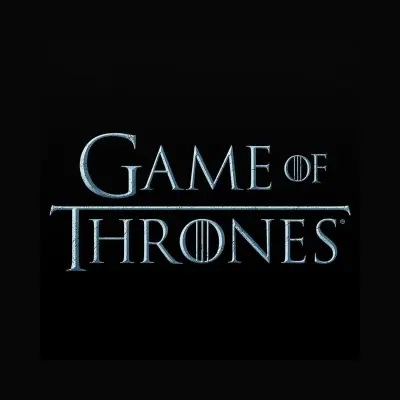Of course there will be another Game of Thrones-sized hit
-

"There is an argument, made by many people I read, talk to, listen to, that Sunday night’s show means the end of an era, because we now live in an on-demand, streaming world where everyone watches different things at different times," says Peter Kafka. "That last part is true, and it definitely applies to lots of media consumption. It’s easier than ever to insert yourself into bubbles that make you oblivious to what other people are reading, listening to, and watching. But here are the factors that helped Game of Thrones become a hit that reaches tens of millions of people a week: Weekly distribution, spread out over the course of eight years, on a network that reaches 150 million homes worldwide; A human impulse to participate in things other humans are participating in; A Twitter and Facebook ecosystem that makes it easy for people who aren’t paying attention to Game of Thrones to learn that lots of other people are paying attention to Game of Thrones; A media ecosystem that very much wants to exploit anything that has already become popular (and, not coincidentally, something someone else has already paid for). Which means that everyone from the New York Times to Vox.com to Men’s Health (really) has a thriving business in Games of Thrones content and a vested interested in keeping that business going. None of those things came to an end on Sunday night. So there’s no reason to think those things won’t concoct another Game of Thrones … someday."
TOPICS: Game of Thrones, HBO, Peak TV
More Game of Thrones on Primetimer:- What is Sophie Turner hinting at with her cryptic message about “endings and beginnings”?
- HBO confirms a new Game of Thrones sequel series, with more projects now in development
- House of the Dragon season 3 eyes June after confirming Summer 2026 premiere
- Only Sansa Stark's character development makes sense during the Game of Thrones ending
